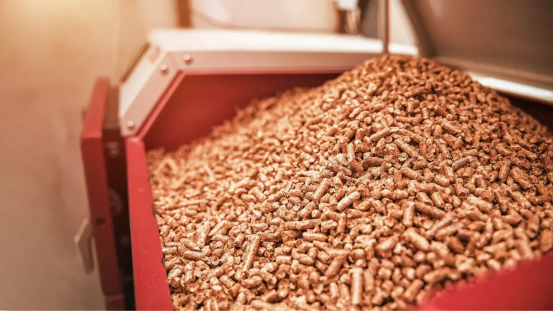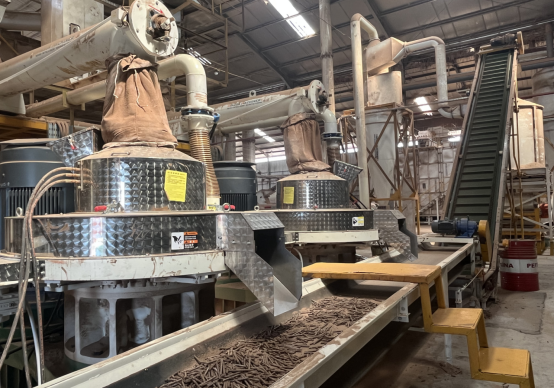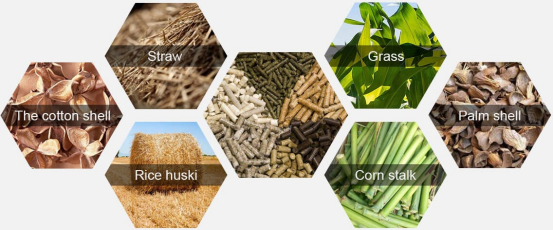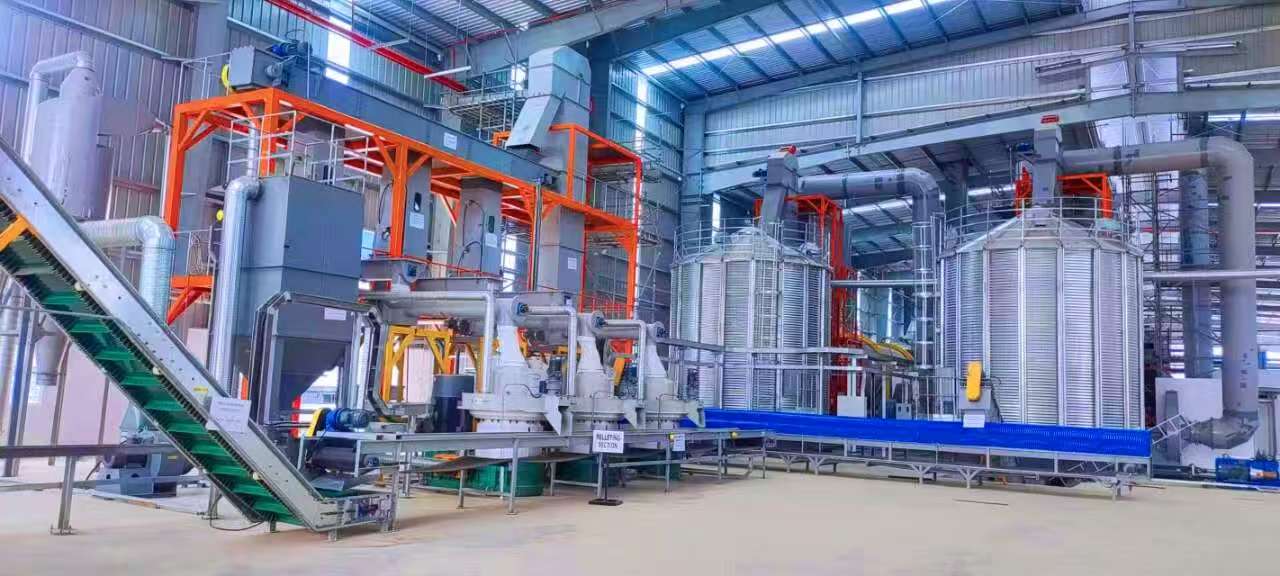In an era of increasing environmental awareness and rising energy costs, the transformation of agricultural waste into valuable biomass pellets represents a groundbreaking opportunity for farmers and entrepreneurs alike. This innovative approach not only addresses the persistent issue of crop residue management but also creates a new revenue stream from previously discarded materials.

The Problem of Agricultural Waste
For generations, farmers worldwide have struggled with the challenge of agricultural residues. From rice husks and wheat straw to corn stalks and sawdust, these materials often end up being burned or left to decompose, contributing to air pollution and greenhouse gas emissions. In China's Xihue County, farmers once faced this exact dilemma: "Previously, farmers were most troubled by the straw problem—burning polluted the air, while leaving it piled up affected farming," as one local farmer noted.

The Solution: Biomass Pellet Machines
The biomass pellet machine offers a revolutionary solution to this problem. These advanced machines transform various agricultural wastes into high-density, energy-rich pellets through a process of compression under high temperature and pressure. Modern biomass pellet machinescan process diverse materials including grass, rice bran, sawdust, straw, cotton stalks, sunflower seed shells, and peanut shells.
The technical process is straightforward yet efficient: raw materials are fed into the biomass pellet machine where they are compressed and extruded through a die to form dense, uniform pellets. These pellets have significantly higher energy density than raw biomass, making them ideal for transportation and storage.

Economic Benefits: Turning Waste into Profit
The economic advantages of converting agricultural residues into biomass pellets are substantial. Implementing a biomass pellet machine system creates multiple revenue streams:
1. Direct income from waste materials: Farmers can now sell previously worthless agricultural residues. In Xihue County, projects have enabled farmers to earn an additional 150 yuan per mu (approximately $330 per acre), with average household pure income exceeding 500 yuan.
2. Cost savings for livestock operations: Many farming operations have significantly reduced feed costs by processing agricultural residues through biomass pellet machines. As one cooperative owner explained: "We used to buy feed at high prices, but now we use localized feed processing to significantly reduce costs, and the quality of the feed is guaranteed".
3. Energy production savings: Biomass pellets can replace conventional fuels for heating and power generation, reducing energy expenses for agricultural operations.
The global market for biomass pellet machines is growing rapidly, with estimates projecting expansion from $4.7 billion in 2024 to $8.7 billion by 2031, representing a 9.2% compound annual growth rate.

Environmental Advantages: Greening Agriculture
Beyond economic benefits, biomass pellet machines deliver significant environmental advantages:
• Reduced air pollution: By preventing open burning of agricultural residues, pellet production improves air quality. In Beibei's Piaoyin Town, the establishment of a biomass pellet processing factory has effectively addressed environmental pollution problems caused by straw burning.
• Carbon neutrality: Biomass pellets are considered carbon-neutral energy sources since the carbon released during combustion was previously absorbed by the plants during growth.
• Waste reduction: This approach supports a circular economy model where waste products become valuable resources.
Diverse Applications of Biomass Pellets
The pellets produced by biomass pellet machines serve multiple purposes:
1. Animal feed: Processed pellets from suitable agricultural residues provide nutritious feed for livestock.
2. Heating fuel: Biomass pellets are used in specialized stoves and heating systems for residential and commercial heating.
3. Industrial energy source: Factories and power plants increasingly use biomass pellets as a renewable energy source.
4. Bedding material: Processed pellets serve as excellent bedding material for animals in agricultural operations.
Success Stories: Real-World Applications
Across China, numerous projects demonstrate the successful implementation of biomass pellet machine technology:
In Xihue County, the comprehensive straw utilization project has achieved remarkable results, processing 43,000 tons of straw annually while increasing the comprehensive utilization rate of straw resources to over 94%.
In Beibei, the first biomass pellet processing factory officially began operations in August 2025. The factory uses recovered straw, dead branches, weeds and other agricultural waste as raw materials to process them into combustible biomass pellets. To date, the plant has recovered more than 100 tons of straw from various towns.
Getting Started with Biomass Pellet Production
For those interested in exploring biomass pellet production, consider these factors:
1. Machine capacity: Biomass pellet machines come in various sizes, with capacities ranging from small-scale units to industrial systems producing 1,000-1,500 kg/h.
2. Power requirements: Most industrial-scale biomass pellet machines require substantial power, typically around 132kW for standard models.
3. Raw material availability: Ensure consistent access to sufficient agricultural residues to maintain production.
4. Market demand: Identify potential customers for biomass pellets in your region, whether livestock farmers, energy producers, or industrial users.
The Future of Biomass Pellet Technology
As technology advances, biomass pellet machines are becoming more efficient and versatile. Innovations in automation, energy efficiency, and pellet quality continue to enhance the profitability and environmental benefits of biomass pellet production. With growing global emphasis on renewable energy and circular economy principles, the future looks bright for this sustainable technology.
About Shandong Rotexmaster Machinery Co., Ltd.
Shandong Rotexmaster Machinery Co., Ltd. is a leading manufacturer and innovator in biomass processing equipment, including advanced biomass pellet machines. The company specializes in developing efficient, durable solutions for transforming agricultural residues into valuable products. With years of experience and commitment to research and development, Rotexmaster provides high-quality machinery that helps customers worldwide convert waste into wealth while contributing to environmental sustainability.

Previous None
Next Boost Your Biomass Pellet Production Efficiency by 30% - Expert Guide Inside